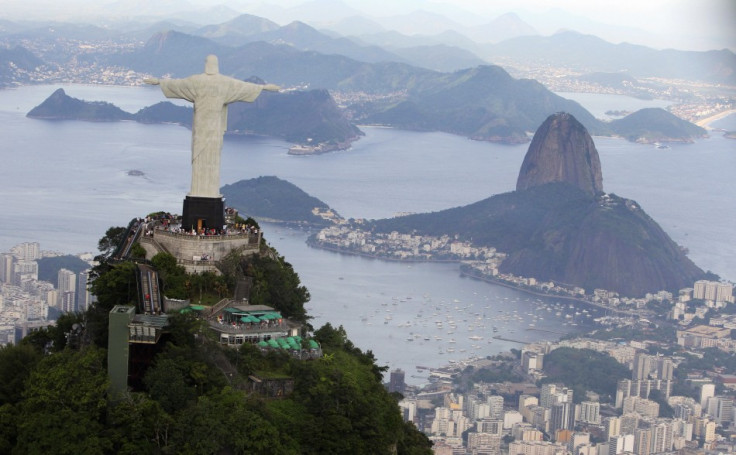World Environment Day 2012: Brazil and United Nations Environment Programme Launch Green Passport Campaign

On the eve of World Environment Day 2012, the Government of Brazil and the United Nations Environment Programme (UNEP) launched the Green Passport initiative in Rio de Janeiro over the weekend.
The Green Passport campaign is aimed at bringing about behavioural changes in travellers' attitude towards the environment. The passport referred to is actually a physical passport-style document packed with advice and tips on how to make a holiday more sustainable, the UNEP said in a statement.
Ecuador, Costa Rica, France's overseas territories and South Africa have already taken this initiative and about 100,000 Green Passports were distributed to visitors during the 2010 FIFA World Cup in South Africa.
Tourism can have both positive and negative impacts on popular destinations and their ecosystems, as well as the resident populations. The Green Passport initiative, it is hoped, will help tourists recognise and abide by certain guidelines and a sense of responsibility when they travel to a foreign land. The passport guides travellers, right from what and how they pack (urging them not to carry non-biodegradable objects) to avoiding motorised travel and opting for public transports, bicycles and walking, which are greener alternatives to getting around at destinations.
The Green Passport advises travellers to be environmentally aware white travelling to a hill, an island or a wildlife area.
The Green Passport initiative was launched in Rio, ahead of the Rio+20 Summit to be held this year and keeping in mind future events like the 2014 FIFA Football World Cup and the 2016 Olympic Games, when hundreds and thousands of tourists will visit the protected and vulnerable tourist spots of the country.
"We are delighted to be part of Brazil's new Green Passport campaign. In a few short weeks thousands of people will be arriving in Rio for the Rio+20 Summit, followed by the FIFA World Cup in 2014 and the summer Olympics in 2016. Brazil's backing of the Green Passport initiative can thus influence the choices and behavior of large numbers of visitors to one of the world's great tourism destinations," UN Under-Secretary General and UNEP Executive Director Achim Steiner said.
Meanwhile, Brazilian Environment Minister Isabella Teixeira, who was also present for the launch of the Green Passport campaign in Rio, said the initiative would also help Brazil during the visit of the Pope next year which is expected to attract two million visitors.
© Copyright IBTimes 2025. All rights reserved.






















